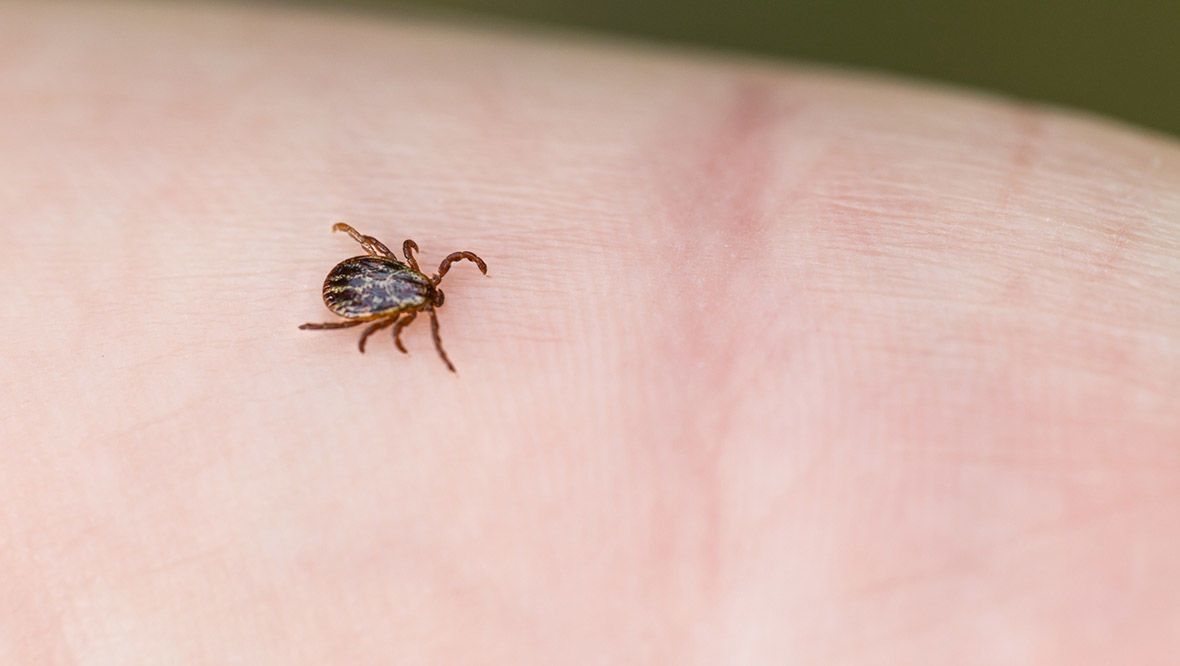Tick-borne encephalitis is “likely” to be present in the UK, health officials have said.
It comes after the first domestically acquired case of the virus was confirmed in Yorkshire, England.
The assessment, published by a joint UK Health Security Agency (UKHSA) and Defra committee, based its findings on both human cases and the detection of the virus in ticks in several areas of the country.
Tick-borne encephalitis virus (TBEV) is already common in many parts of Europe, and is an important cause of viral infections in the central nervous system, according to the World Health Organisation.
It can cause a range of illnesses from completely asymptomatic infection, to mild flu-like illness, to severe infection in the central nervous system such as meningitis or encephalitis.
Encephalitis is an uncommon but potentially deadly condition in which the brain becomes swollen.
The joint committee added that the risk to the public is very low.
There have been three cases of probable or confirmed TBEV in England since 2019, including one linked to the Yorkshire area in 2022.
This case in 2022 is the first confirmed case in England, with the virus also detected previously in the Hampshire and Dorset, and Norfolk and Suffolk border areas but may also be present elsewhere as the tick species that carries the virus is widespread in the UK.
Investigations into why the virus has been found in ticks more frequently in recent years are under way, but is likely due to a number of factors.
Ticks can carry other diseases such as Lyme disease – a bacterial infection which can be treated with antibiotics – so UKHSA is reminding the public to check themselves for ticks after they have been outdoors and remove them promptly and correctly if they are found.
Dr Meera Chand, deputy director at the UK Health Security Agency, said: “Our surveillance suggests that tick-borne encephalitis virus is very uncommon in the UK and that the risk to the general population is very low.”
Members of the public who become unwell after a tick bite have been told to seek GP advice, and to seek urgent medical attention if they have:
- Symptoms of meningitis, including severe headache, stiff neck, pain looking at bright lights
- Or if they develop sudden neurological symptoms including a seizure, sudden confusion, weakness, or facial dropping
Follow STV News on WhatsApp
Scan the QR code on your mobile device for all the latest news from around the country


 iStock
iStock
























